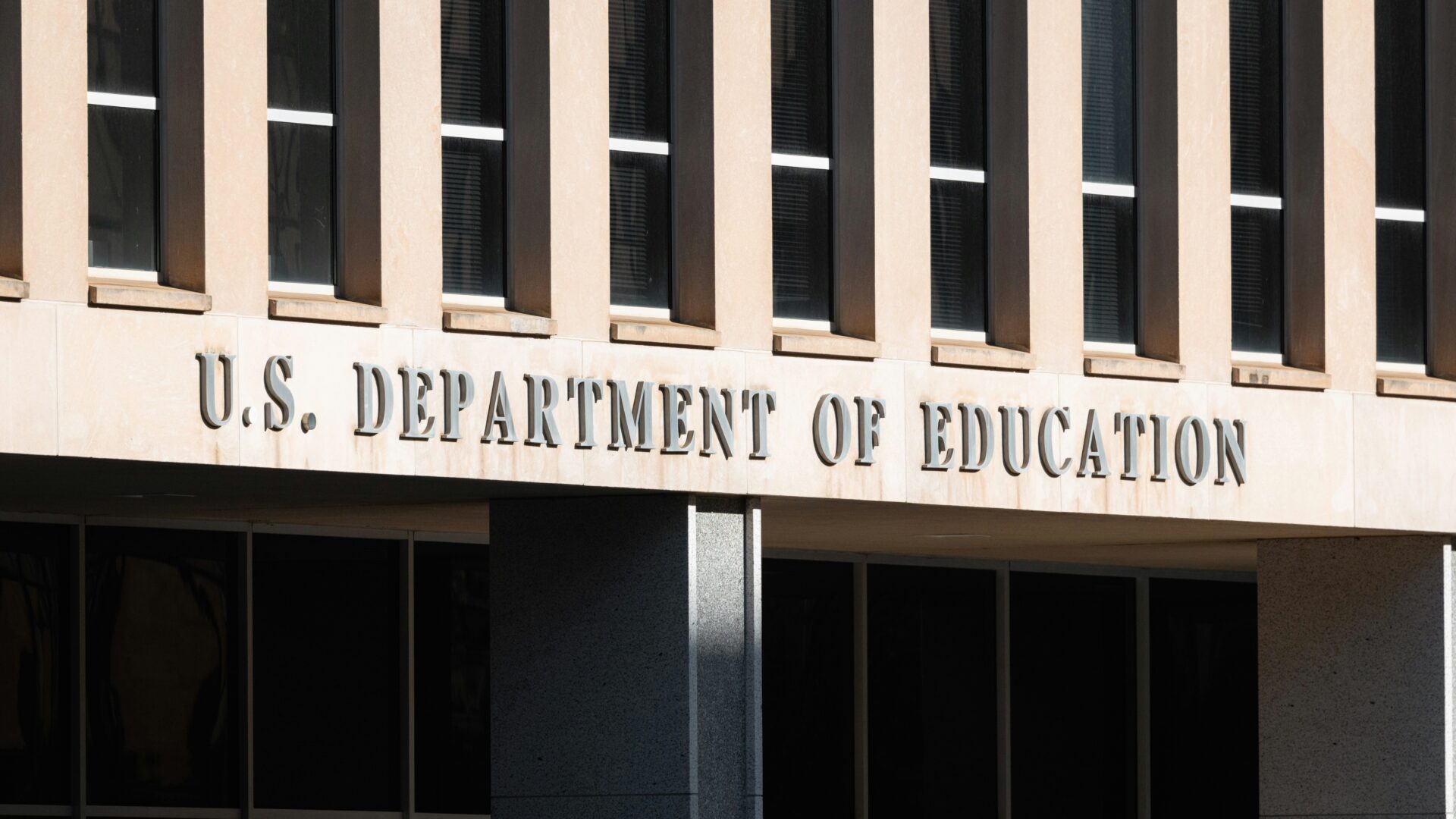
A recent report from The Washington Post has ignited a debate over the role of AI in government oversight. According to the report, Elon Musk’s Department of Government Efficiency (DOGE) has been granted access to sensitive financial records from the U.S. Department of Education in order to conduct an AI-powered audit of the agency’s financial transactions. These records include grants, contracts, travel expenses, and other information.
DOGE claims the audit is intended to improve financial transparency and increase efficiency. To this end, the agency is using Microsoft Azure-powered algorithms for what could be seen as productive purposes: to uncover inconsistencies, detect inefficiencies and waste, and flag potential fraud – all to reduce government spending.
Yet DOGE’s access to this information and the use of AI in such a high-stakes government operation raise growing concerns:
- Should a private entity such as DOGE be able to use this type of information?
- Are there adequate controls in place to protect individuals’ data?
- Beyond privacy, does this AI-driven audit present risks related to data security and regulatory compliance?
- Are there potential political motivations and implications?
The unprecedented access granted to DOGE raises additional questions related to data privacy, potential security vulnerabilities, and whether this type of AI audit complies with existing regulations.
Privacy, Exfiltration, and Compliance Concerns
Industry experts understand the rationale behind the approach but still see the undue risk, especially since the data contains personally identifiable information (PII) and other confidential information.
“On one hand, it’s a pretty logical use of AI,” said Casey Ellis, Founder at Bugcrowd, a California-based leader in crowdsourced cybersecurity. “Using AI to interrogate raw, disparate, and presumably vast datasets to speed up ‘time to opinion’ makes a lot of sense on a purely technical level.
“On the other hand, it raises some serious questions about privacy, the transit of sensitive data, and the overall governance related to managing data privacy, especially for personnel files, project and program plans, or anything impacting intelligence or defense.”
Additionally, the potential exposure of this information could lead to compliance challenges with federal data protection regulations such as the Federal Information Security Management Act (FISMA), the Privacy Act of 1974, and FedRAMP compliance for cloud security.
Critics further warn that AI systems are not infallible and could accidentally misinterpret data or expose it to additional security risk such as exfiltration. This view is shared by Satyam Sinha, CEO and Co-founder at Acuvity, a provider of runtime GenAI security and governance solutions.
“Given the extensive use of GenAI services by countless enterprises, the use by government agencies does not come as a surprise,” said Sinha. “However, it is important to note that GenAI services represent a completely new risk profile due to its ongoing rapid evolution.
“The risk of data exfiltration across GenAI services is very real, especially given the value of such sensitive government agencies’ financial data to our adversaries. While many providers adhere to requirements such as GovCloud and FedRAMP, not all do. We have to exercise an abundance of caution and an additional layer of security.”
Political and Strategic Motivations
Given Musk’s history with AI and his emerging focus on technology-driven government initiatives, some critics argue that DOGE’s role in auditing the Department of Education may be politically motivated. Further, this initiative could possibly influence key areas such as policy decisions, budget allocations, or personnel changes within the department.
Some watchdog organizations and privacy advocates have called for greater oversight to ensure that AI-driven audits are conducted impartially and without political bias. The move has also drawn reactions from lawmakers who question whether private AI firms should be given such extensive access to government data.
The Role of Microsoft and the Future of AI in Government Audits
Microsoft Azure’s involvement in the project places additional responsibility on cloud providers to maintain the highest levels of security and compliance. While Azure itself is a FedRAMP-certified platform, there are still questions related to the transparency of AI model training and use, the ethical obligations of cloud providers when handling government data, and the level of independent oversight in future AI audits.
Evaluating the answers to these questions may shape the future of AI in similar government oversight efforts. There may be new calls for AI regulation, especially related to data privacy and protection as well as for more transparency with other government-private sector collaborations. Above all else, policymakers must do all they can to strike a balance between using technology for efficiency and protecting the public trust.
Caution is the Best Course
The use of AI-powered audits in government oversight presents new opportunities but also significant risks. While DOGE’s initiative seeks to improve financial transparency, real concerns about privacy, security, and political motivations cannot be ignored.
Moving forward, policymakers must ensure that AI applications in government are subject to detailed scrutiny and oversight, comprehensive security controls, and ethical guardrails. Only then can AI peacefully co-exist with responsible governance.